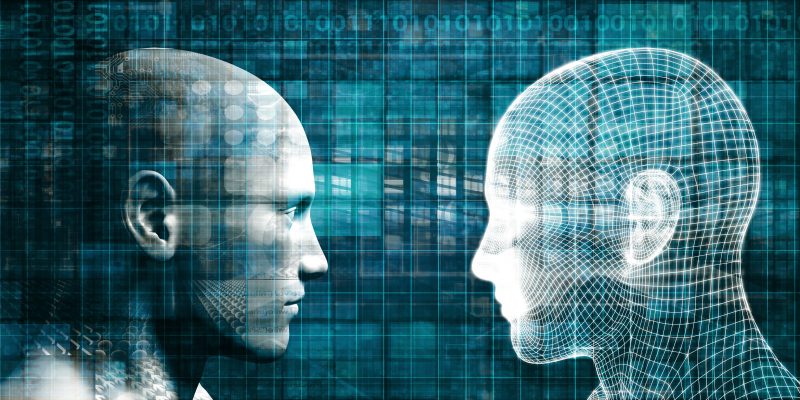by Jon Rappoport
It’s no accident that the concept of individual power is surrounded by clouds of timidity and fear and cultural resentment.
People are warned that touching it produces a substantial electric shock.
“Me? Individual power? I never said I was in favor of it. Great individual power? Don’t pin that on me. Who’s accusing me? I’ll sue them! I’m for humility in all things.”
Perhaps the most famous statement ever delivered on this subject came from Lord Acton (1887): “Power tends to corrupt and absolute power corrupts absolutely.”
For many, this closes the book on discussion.
But in fact, it is a wobbling prelude.
What about the creative power of the individual?
Especially, what about that power when it is deployed by a person who has a personal code of ethics?
What if that code is summarized in the simple statement: I am free to do what I want to, as long as I don’t interfere with another person’s freedom?
We’re not talking about what happens when a king has a position of ultimate authority. That throne, of course, carries with it an implication of interfering with the freedom of the king’s subjects. The corruption is there from the start.
But the creative power of the individual, his goal to exert as much power as possible to fulfill his desires in the world, to launch and sustain an enterprise of his own choosing, to imagine and extend the reaches of such an enterprise—suppose he possesses ethics—suppose he refuses to interfere with, and override, the freedom of another person.
Many people have a fear of their own creative power, of what they would do if they removed the constraints on their own “proper place in the world.” Therefore, because of that fear, they oppose others having power.
Organized religion has always stuck its nose into the drama as well. What a religion claims is the ultimate power, and where it comes from, is inserted into the mix. A religion always assumes its picture of the Deity is the correct one, AND IT OWNS THAT PICTURE.
The notion of unlimited individual power, backed up by personal ethics, is anathema. It threatens the spiritual monopoly. So the religion invents cautionary tales that pile up into the sky.
One of the tales, time-honored, and adopted in one form or another by governments and “humanitarian groups” is: people are inherently weak and greedy, so allowing them to exercise ANY kind of power at all is madness. Instead, power must be managed by “the people,” by “those who care,” by “the needs of Mother Earth,” by “the Universe,” by “socialists,” by “economic and political planners (technocrats),” by “the oppressed (it’s their turn),” by “the big We,” by “international cooperation,” by “a wise global court (who runs it?),” by the man in the moon, by the beneficent aliens from the Galactic League…
Then there is language manipulation. An individual seeking to imagine and create his most profound dream as fact in the world is “acting like a god”—and that is a cardinal sin of the first order. (Therefore, be humble, be weak, be passive. You’ll earn a cosmic gold star on the blackboard.)
Or such an individual (wanting power) must be “a greedy capitalist,” representing “the worst system ever devised for human interaction.”
Or such an individual is “dangerous,” because “he places his needs before the needs of others.”
Or such an individual is “mentally ill,” because no one in his right mind would display such confidence in his own vision of his future.
In every case, the people behind promoting these perverse distortions want to wield power over others themselves. Quite a coincidence.
They’re always playing a shell game. They’re trying to take power from the individual and transfer it to themselves or those they support.
They always assume they know who “the good people” are, the people who won’t abuse power.
To put it in a slightly different way, they believe they don’t have the capacity to create and build an enterprise based on their deepest desires, if left to their own devices. Therefore, no one else should be allowed to.
They have no substantial ethics. Therefore, no one else has authentic ethics, either.
This discussion moves into the realm of “the many” vs. “the few.” It goes this way: suppose there are a few individuals who can, in fact, take their most profound vision and turn it into reality. They are the exception. For most of humanity, this is impossible. THEREFORE, stop the few. Why? Because their ability is inherently unfair.
That argument, rarely voiced, champions “democracy” as the lowest common denominator. Lift no one up. Instead, sink everyone in a shared swamp.
These days, this perverse approach has added a new topping: every difference of talent, will power, determination, ambition, imagination, creativity, refusal to surrender is a sign of privilege. Privilege is society’s bias. Eliminate it, thereby eliminating all the above qualities.
Then what remains? Nothing of substance.
If the independent individual looked ONLY outward to discover what standard he should uphold, what voice he should adopt, what theory he should cling to, what behavior he should imitate, he would cease being what he is in an hour.
He would order himself to stop thinking about power.
Individual power: Within it can be born great achievements and futures.
Jon Rappoport
The author of three explosive collections, THE MATRIX REVEALED, EXIT FROM THE MATRIX, and POWER OUTSIDE THE MATRIX,



